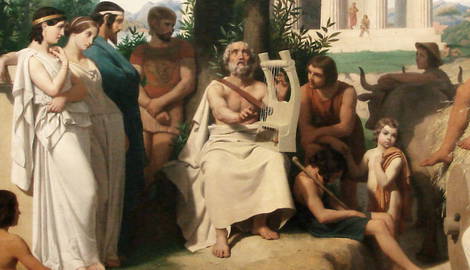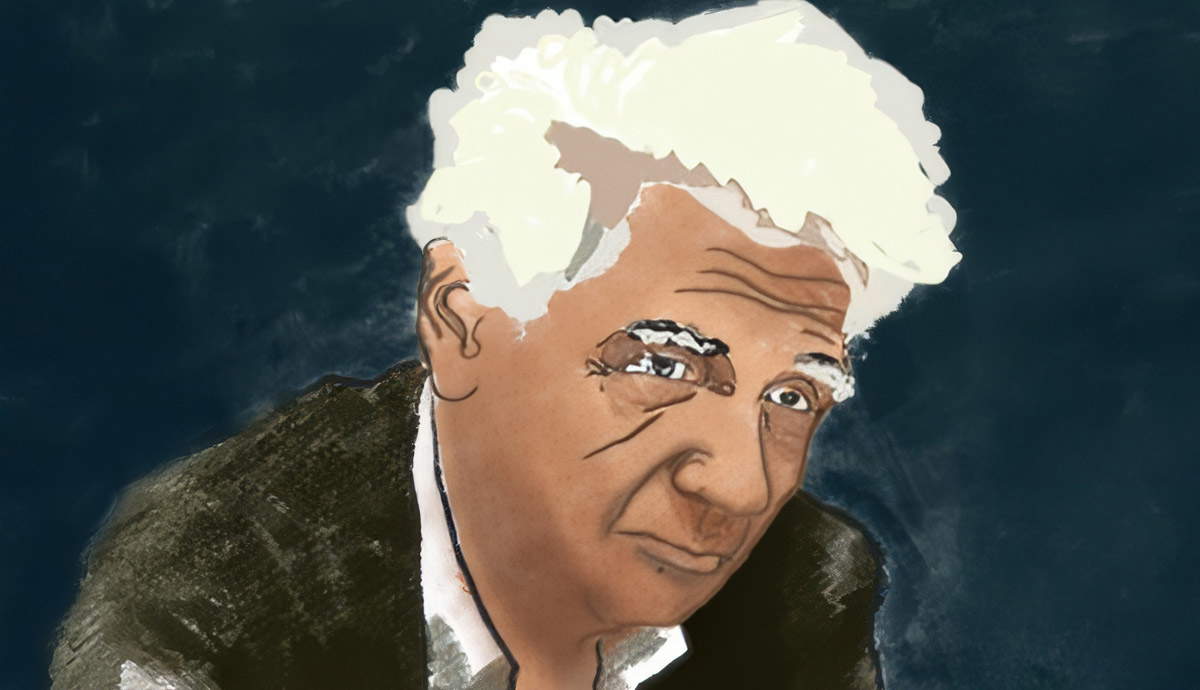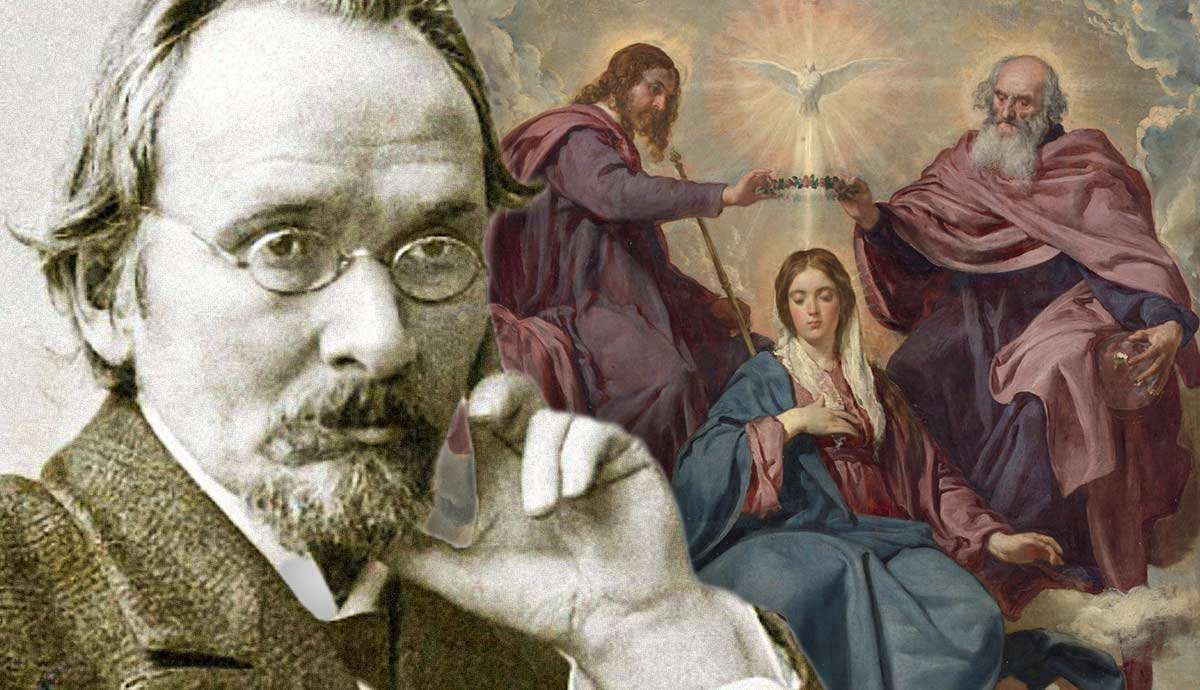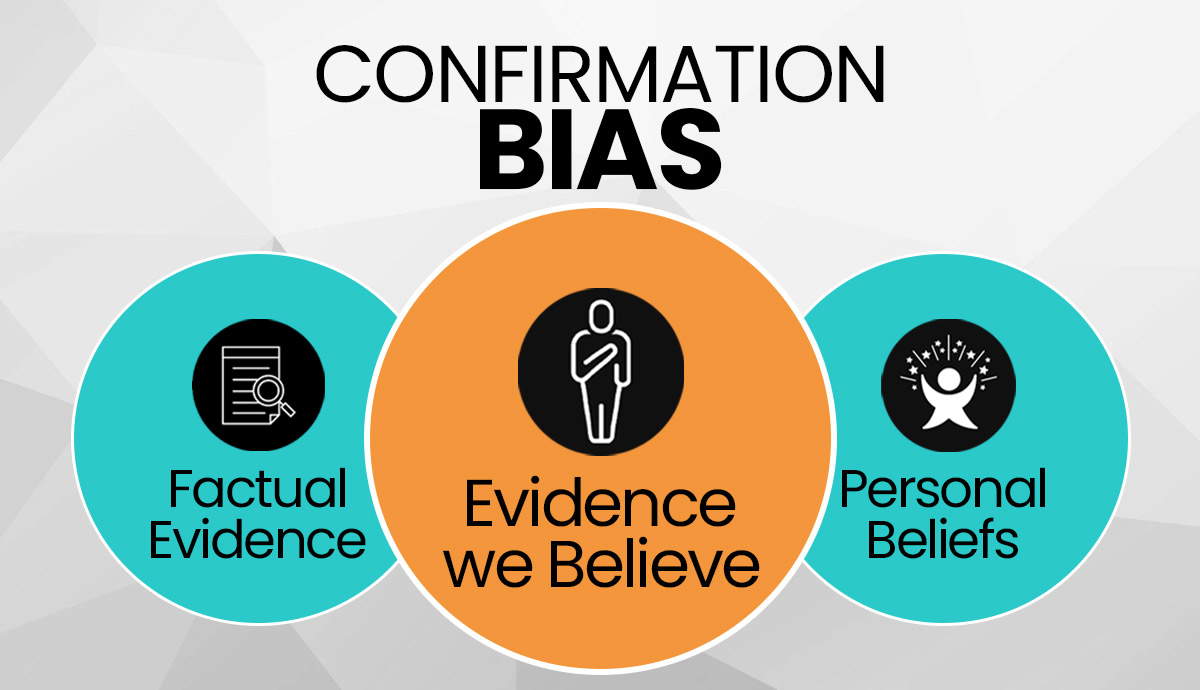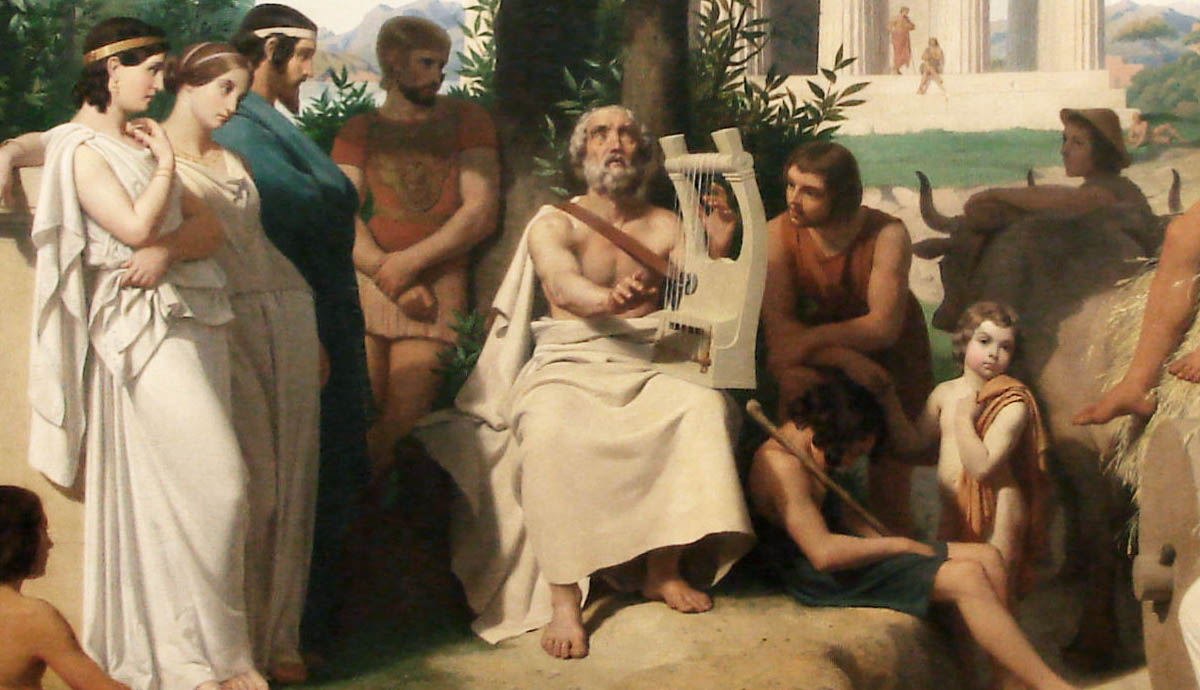
The Republic written by Plato discusses the ideal state and still continues to influence debates on political philosophy. It raises important questions about what justice is. But there’s a catch in his utopian state — poets are to be banished. It’s not a stance against all arts. He doesn’t problematize painting and sculpture in the same way. Why did the ancient Greek philosopher condemn poetry? And how does it relate to his metaphysical and epistemic views?
The Republic: Philosophy versus Poetry

“There is an old quarrel between philosophy and poetry”, Plato writes through Socrates in The Republic. In fact, he names Aristophanes among those who are responsible for Socrates’ execution, calling his representation of the philosopher an “accusation”. Maybe he didn’t have a great sense of humor. Aristophanes was a comedic playwright who wrote The Clouds to parody Athenian intellectuals. But what exactly is it that sets these endeavors at odds? What made the father of ancient philosophy go so far as to banish poets from the Republic? Not so surprisingly, there is no straightforward answer. To understand what Plato meant in The Republic, we have to understand the context.
Plato lived between 427-347 BCE in Athens. He is the earliest ancient Greek philosopher whose written works have survived intact. Most of his works have his teacher Socrates as the main character, engaging in “Socratic dialogues” with citizens. Or annoying and confusing them until he gets them to agree with him. Plato took his teacher’s legacy and his love of philosophy very seriously. He founded the Academy, the famous school of philosophy that gave its name to our modern higher education institutions.
In his time poets were certainly not outcast rebels like the Beat Generation, nor pursuers of the sublime like the Romantics. They were highly revered central actors in ancient Greek city-states. Poems functioned as much more than mere aesthetic artifacts — they represented gods, goddesses, and partially narrated historical and everyday events. More importantly, they played a significant role in social life, reenacted through theatrical performances. Poets, also often called “bards”, traveled around and recited their poems. Plato himself expresses his respect to great poets, acknowledging their talents as a form of “god-sent madness” that not everyone is gifted with.
Shadows on the Cave Wall, and Mimesis

So where does this old quarrel come from? We have to first go over Plato’s metaphysics, his view on the physical and non-physical structure of things, and his epistemology, his view on how knowledge can be attained, if at all. According to Plato, the material world we live in is a world of mere copies. We only see shadows of unchanging, universal, perfect ideas — the Forms. Forms do not exist in space and time but in another realm of their own. Imagine a flower. Or a whole bouquet of flowers. All of these are imperfect copies of “flowerness” as a Form. To put it differently, no number of flowers in our world can capture the whole truth of what a flower is.
This is what Plato’s famous allegory of the cave is meant to visualize. It is a depiction of a cave in which people are kept imprisoned their entire life. They are chained in a way that they can only look straight ahead. There’s a fire behind them. In front of the fire, some others carry objects that cast shadows on the wall, just like puppet masters working behind a screen. The imprisoned see only these shadows and take them to be actual objects. Only those that can free themselves and get out of the cave can know the truth. Or to put it succinctly: philosophers.

If we’re all prisoners in a cave grappling with shadows, what is it about poets that offends Plato? We might as well have a good time while we’re in there, right? This is where his theory of art comes into play. Remember how flowers that we touch and smell are copies of the form of “flowerness”? Paintings of flowers, Monet’s lilies perhaps, or Van Gogh’s sunflowers, are copies of the copy of the Form, very poor copies too. That’s because for Plato all art is mimesis, meaning imitation (same root as “mime” and “mimicry”). The more realistic the piece of art the better it is. It’s hard to imagine how much he would hate photographers and digital artists who realistically distort photos. Even undistorted, “well-taken” photographs could be considered mere copies. Although painting is mimesis too, he doesn’t condemn painters and demand that they be banished.
Is Poetry Even an “Art”?

What is that thin line separating painting from poetry, if they do the same thing — mimesis? Let’s follow his analogy. First, there is the ideal Form of the bed created by God in the realm of Forms. What we come across in the physical realm can only resemble it. A carpenter who makes a bed actually makes an imperfect instance of it. After the Form of the bed has materialized, the artist takes a look at it. They paint it on their canvas. This is not even a copy, but a copy of a copy: the copy of the human-made bed which is a copy of the Form of bed! And it doesn’t matter how realistic the painting was. We could say the same thing about a photograph.
Here is the tricky part. There wasn’t an exact word for “art” at the time. For everything produced with practical knowledge — language, science, and clothes — the only available word was “techne”. Techne is a certain skilled knowledge used in producing things. So, what makes the painter’s bed artful is their technical expertise. The same goes for the carpenter.
What of the poet, then? The word “poet” comes from poiesis, another word meaning “to create”, or “to make” in Greek. It’s good to recall the social function of poetry here. Surely Homer didn’t write naturalist poems or a realist piece about a chair. His works were a kind of oral historiography, narratives of important heroes and gods containing moral lessons. Tragedies, for example, often depict the “wretched” who were punished severely because of their immoral actions. So the poets are creating stories that make claims on the truth about virtues, moral concepts, and divinities. With such a revered place in society, their stories are highly influential on the public.
Justice for the Soul, Justice for All

In The Republic, we come across a peculiar definition of justice. After a long discussion back-and-forth with fellow Athenians, Socrates (well, Plato?) convinces everyone that justice is minding one’s own business. Of course, he doesn’t mean “whatever business you claim”. Quite the contrary. (Brace yourself for another analogy.) It comes from the core analogy in The Republic — the analogy between the soul and the city. They both have three parts: the rational, the appetitive, and the spirited. When each part does “their part” and they live harmoniously, justice is achieved.
Let’s go over what these proper jobs are. In the human psyche, reason seeks truth and acts according to the truth. Spirit is the part of the psyche related to will and volition, it seeks honor and courage. Appetite, finally, seeks material satisfaction and wellbeing. All three exist in every soul. The power dynamics vary from person to person. Ideally, if a person wants to live a good and just life, reason should rule over the other parts. He then says that the city is just like the human psyche. In an ideal state, the balance should be perfect. All parts should do what they’re good at, and be harmonious with one another.

The reasonable, the Guardians in the Republic, should rule the state. (“Philosophers should be kings, or those now called kings should genuinely philosophize.”) Leaders of the state should have a good grasp of “truth”, and a high moral sense. The spirited, the Auxiliaries should support the Guardians and defend the state. Their strength of spirit provides them the courage to defend the land. The appetitive, finally, should take care of material production. Led by (bodily) desires, they will provide the goods required for subsistence. All citizens should pursue what they are naturally gifted in. Then every part will be carried out in the best way, and the city will prosper.
Poets then, in their (re)production of truths, are stepping out of their boundaries and committing injustice! For Plato, philosophers are the only ones who can “get out of the cave”, and come close to knowing truths. Not only are poets overstepping into the philosophers‘ area of expertise, but they’re doing it wrong. They deceive society about the gods and mislead them about virtue and goodness.
In Plato’s Republic, How Does Poetry Corrupt Young Minds?

Surely there have been deceivers all through history, and there will continue to be. There must be a good reason why Plato obsesses over the poets’ deception in his discussion of an ideal city-state. And there is.
Plato places great emphasis on guardians as the head of the state. They are responsible for ensuring every member of the city is “minding their own business”, in other words, ensuring justice. This is a heavy duty and requires certain characteristics and a certain moral stance. Here, in the Republic, Plato likens the guardians to well-trained dogs that bark at strangers but welcome acquaintances. Even if they both have done nothing good or bad to the dog. Then, the dogs act not based on actions, but on what they know. In the same way, guardians have to be trained to act gently towards their friends and acquaintances and defend them against their enemies.
This means they should know their history well. Speaking of which, remember poetry’s function as a form of historical storytelling? In ancient Greece, poetry was an important part of children’s education. According to Plato, poetry has no place in education (especially the education of guardians) because it is deceptive and harmful. He gives the example of how gods are depicted in poems: human-like, with humane emotions, quarrels, evil motives, and actions. Gods were moral role models for the citizens of the time. Even if the stories are true it is harmful to tell them in public as part of education. As well-respected storytellers, poets misuse their influence. And so, they get the chops from the utopian Republic.
